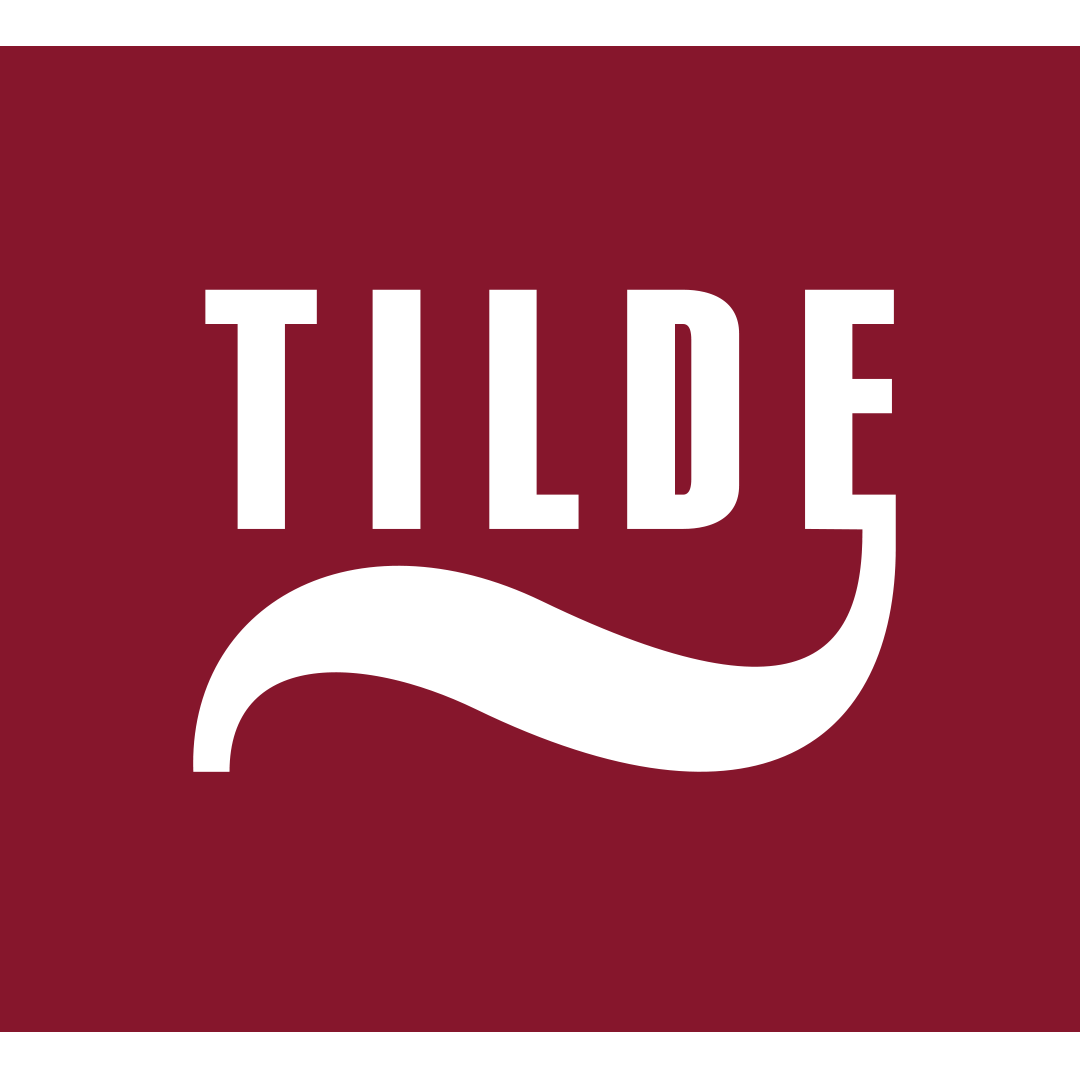Protecting the Untranslatable: Safeguarding Sensitive Information in the World of Translation
Team Tilde April 9, 2024
The Importance of Translation Confidentiality and Security
In today’s interconnected world, translation services play a vital role for both individuals and businesses. From legal documents to marketing materials and websites, having a reliable translation partner is crucial to ensure your message is conveyed accurately in the target language. However, accuracy is not the only factor to consider in translations; confidentiality and security are also paramount.
Translation projects often involve sensitive information, such as financial data, legal contracts, or personal details. That’s why it’s essential to find a translation partner that can ensure confidentiality during all stages of the project. This includes not only the translation itself but also the storage, handling, and transmission of the source and target documents.

Studies Show the Alarming Risks of Inadequate Translation Provider Security Measures
Unfortunately, not all translation providers take security and confidentiality as seriously as they should. According to a recent study conducted by Deloitte, there has been a twofold increase in incidents, including data breach caused by external parties between 2015 and 2020, which resulted in business losses ranging from $0.5 to $1 billion. Moreover, this could lead to a potential decrease of 10% in the share price.
Another study by PwC revealed that cyber attacks are one of the top risks facing businesses today. These attacks can take various forms, such as malware, phishing, or social engineering, and they can lead to the theft of sensitive information or the disruption of business operations. Translation projects can be particularly vulnerable to these attacks, as they involve the exchange of confidential information between different parties.
Real-life Examples of Translation Confidentiality Issues
These cyber attacks can be very devastating for businesses and individuals. For instance, Lionbridge suffered a data breach in May 2020 that exposed over one million records. Not only that, TransPerfect, one of the top language service providers, suffered an employee data breach in January 2017. Major American companies, including Yahoo, Microsoft, First American Financial Corp, LinkedIn, and others have experienced data breaches. These breaches were caused by various factors such as weak security, mistakes made by employees, malware, misuse by insiders, and theft of devices carrying sensitive data.
These incidents highlight the need for translation providers, startups, and even government agencies to take proactive measures to secure their data and ensure the confidentiality of their clients’ information.
Tips for Finding a Secure Translation Partner
To mitigate these risks, finding a translation partner that takes security and confidentiality seriously is crucial. Here are some tips to help you find a trusted translation provider:
- Look for certifications: Translation providers that hold certifications such as ISO 27001 or SOC 2 demonstrate that they have implemented rigorous security measures to protect their clients’ data.
- Ask about their security policies: A reputable translation provider should have clear policies and procedures in place to protect the confidentiality of their clients’ information.
- Check their track record: Look for reviews, testimonials, or case studies that demonstrate the translation provider’s ability.
- Consider their technology: Translation providers that use secure technologies such as encryption, firewalls, or two-factor authentication can provide an additional layer of protection for your data.
By taking these steps, you can find a translation partner that can ensure the security and confidentiality of your projects. This will not only protect your sensitive information but also help you comply with regulations such as GDPR or HIPAA, which require the protection of personal data.
In conclusion, security and confidentiality are essential aspects of translations that cannot be overlooked. By finding a trusted translation partner that takes these issues seriously, you can ensure that your sensitive information is protected throughout the translation process. Don’t take any chances with your data; choose a translation provider that you can trust.





